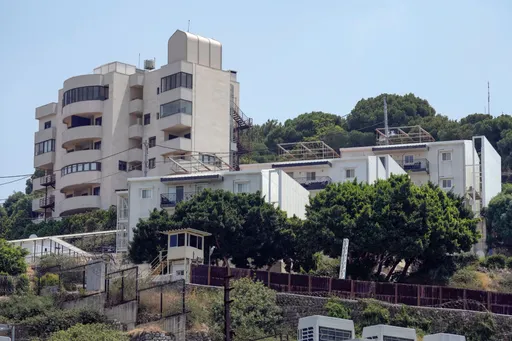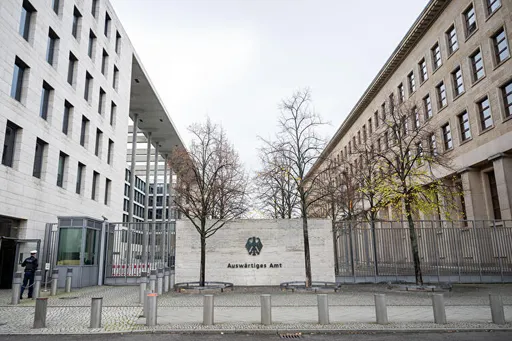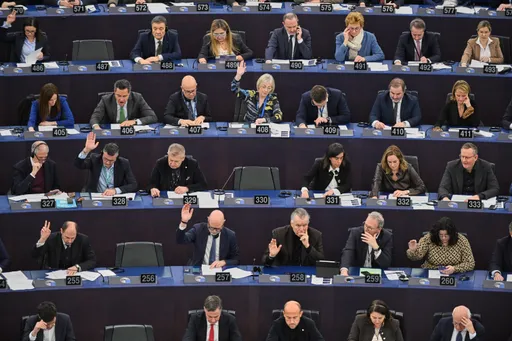Brazil's President Michel Temer on Tuesday called a corruption charge filed against him by the country's top prosecutor a "fiction," as the nation's political crisis deepened under the second president faced with possible removal from office in just over a year.
Prosecutor General Rodrigo Janot on Monday charged Temer with arranging to receive millions of dollars in bribes. He said the move would hurt Brazil's economic recovery and possibly paralyse efforts at reform.
Executives of the world's biggest meatpacker, JBS SA, accused Temer in a plea-bargain testimony of arranging to take 38 million reais ($11.5 million) in bribes. The president said they did so only to escape jail for their own crimes.
"I have been charged with taking bribes without ever having received a cent," Temer said in a nationally televised speech. "I've never seen any of that money and I have never taken part in planning to commit any crimes."
He added: "I tell you, my friends, without any fear of error, that this charge is a fiction."
Under Brazilian law it is now up to the House of Deputies to vote on whether to allow the Supreme Court to try the leader, who replaced impeached leftist President Dilma Rousseff last year.
Two-thirds of the lower house must vote against Temer for his trial to occur.
Temer's allies in the lower house say they have the votes needed to block the charge. But Janot is widely expected to level fresh charges of racketeering and obstruction of justice against the president in the coming weeks, forcing lawmakers into multiple votes on a possible presidential trial.
Several top lawmakers allied with the ruling coalition said they are concerned that multiple votes to protect a deeply unpopular leader could erode his support, eventually prying open the door to a trial.
A full-house vote on the first charge is expected to take place in about a month.
Key to Temer's survival is whether the Social Democracy Party (PSDB), Brazil's third largest, will stick with his coalition or bolt. The party is deeply divided, with many members wanting to distance themselves from Temer to improve their re-election chances next year.
PSDB deputy Caio Narcio said political stability and turning around the economy were more important than removing Temer, and that he could not turn his back on the country at this critical moment.
"The suffering and the crisis are too acute for a party to focus on its projects only," he said, emphasising that lawmakers needed to unify to get Temer's economic reforms approved.
But PSDB deputy Daniel Coelho said many of the PSDB's 54 deputies could vote against Temer.
"I cannot see the argument against opening a trial, from a moral or ethical point of view," he said.
If a case against Temer were taken up by the Supreme Court, the president would be removed from office for at least 180 days, leaving House speaker Rodrigo Maia to serve as the country's interim leader.
Temer, whose government has an approval rating in the single digits, has already resisted repeated opposition calls to resign. But if he were found guilty, Congress would then choose someone to lead the nation through the remainder of his term, which ends on January 1, 2019.
The charge against Temer was widely expected, and investors were calm on Tuesday. Brazil's benchmark Bovespa index was down 0.8 percent and the local currency slipped 0.6 percent in late afternoon trading.
Investigators have uncovered corruption at all levels of Brazil's political class and business elites in recent years. Much of it centres on companies paying billions of dollars in bribes to politicians and executives at state-run enterprises in return for lucrative contracts.
Temer and one-third of his cabinet, as well as four former presidents and dozens of lawmakers, are under investigation or already charged in the schemes. Over 90 people have been convicted.























